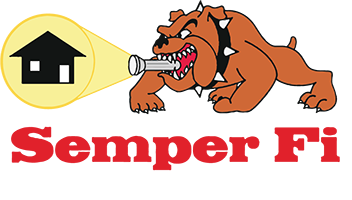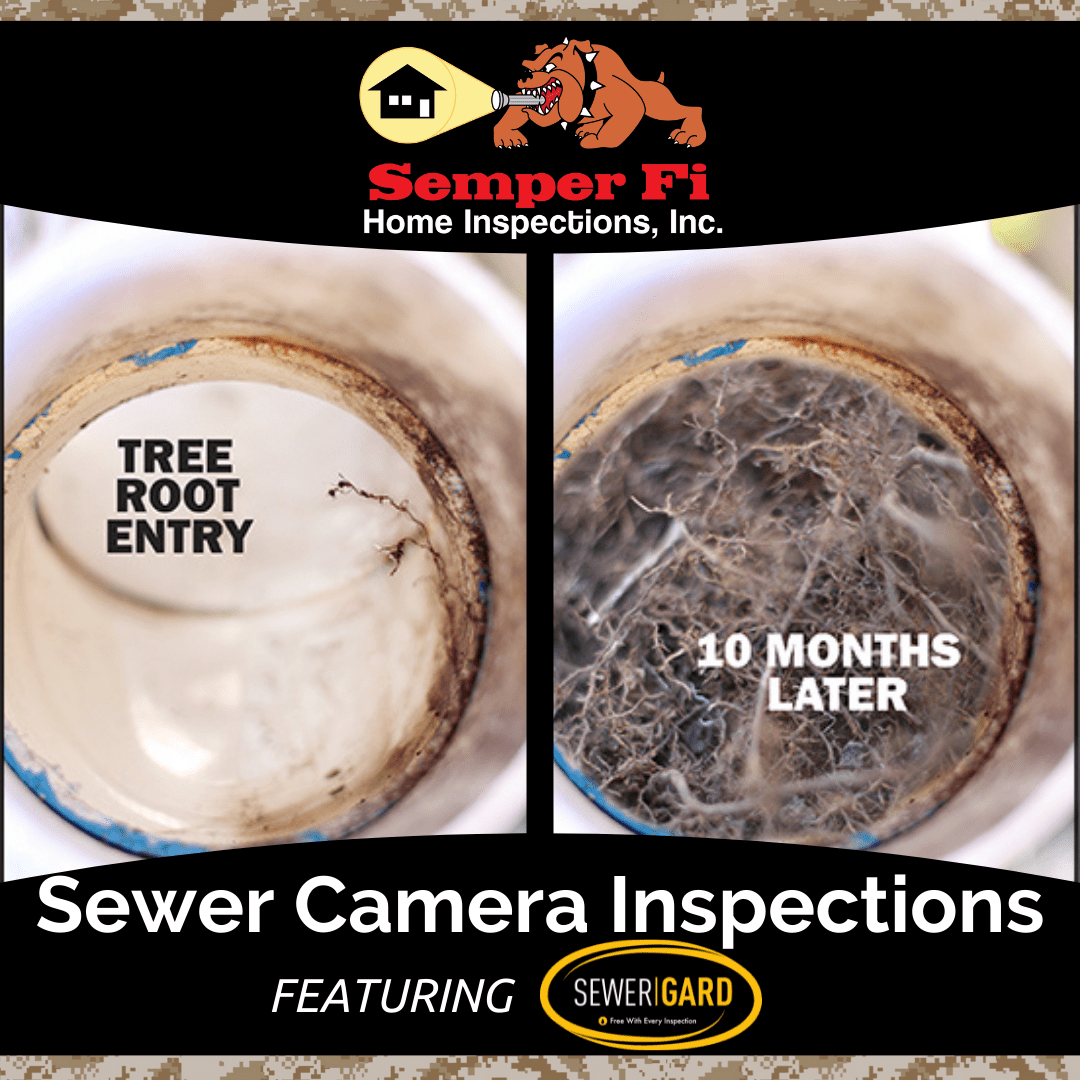Proper maintenance of your sewer pipes is an important piece of your ongoing home maintenance activities. You are responsible for maintaining the lines up to the point where they connect with the city sewer lines.
Not only is it important to keep these lines flowing freely, you should also keep in mind that repairs a damaged or clogged sewer line may not be covered by your homeowner’s insurance if the failure was caused due to lacking that ongoing maintenance.
Here are 8 tips on ways to keep your sewer pipes well maintained:
1. Watch For Warning Signs
Before sewer pipes completely back up, you will likely see some warning signs in the form of your drain pipes not draining as quickly as before. Since drain pipes usually get backed up due to a buildup of sludge, you will noticed that your sinks, shower, or other drain pipes won’t release water as fast as they did before.
This is the point at which you have an opportunity to fix the problem before your sewer lines have a complete blockage. The slowing drainage may mean that buildup is happening slowly and a warning sign that a full block may be likely soon. Call in a sewer pipe leaning company before your pipes are completely clogged.
2. Food and Grease
One of the most common culprits to clogged sewer lines is food and grease. While in the middle of cooking, it seems handy to pour some hot grease down the kitchen sink or disposal, washing it down with hot water.
The thinking is that the hot water keeps the hot grease flowing down the drain well – and this is true but only to a point. As soon as the grease reaches the areas of the pipe where it starts to cool, it starts to solidify into a thick mass that gets stuck in the pipes. Then the next time something goes down the drain, it starts to catch on this gooey mass, and the more flushed down the drain, the more the buildup occurs, until you have a total blockage. Soon you have a “fatberg”.
Food particles only add to the problem, which is why you want to make sure you clear off dishes before placing them into the sink or dishwasher for washing.
3. Avoid Flushing Products
The only thing that should ever be flushed down the toilet aside from human waste is toilet paper. Tampons, sanitary napkins, baby wipes and other hygiene products can clog pipes and lead to more serious plumbing problems.
Similarly, you want to avoid flushing items down the toilet, sink, or even the tub that form solids. Substances such as cement can get attached to the drain pipe and considering it is designed to harden in water; this could become a severe problem. To rinse things like cement, dirt or sand, use a bucket to do so, and once all of the particles settle to the bottom, you can carefully pour off the water and then dispose of the solids left in the bottom in your trash.
4. Use Hair and Lint Traps
Normal things that are part of day to day living can also clog your pipes – such as hair, lint, and sometimes even undissolved soap.
You can find hair and lint traps in most hardware stores. Hair traps for your shower can be as simple as a suction-cup plastic or rubber piece that you place over your drain, and remove for cleaning.
Washing machines and sink drains also have options that can help keep your pipes flowing more smoothly by preventing lint, soap, or even food from being washed into the pipes.
5. Use Enzyme or Bacteria Cleaners
A lot of the things getting flushed down our drains are organic matter. There are certain kinds of enzymes and bacteria that are good at breaking down organic matter, and the simplest thing you can do to keep your pipes flowing well is to use these cleaners once a month.
These natural cleaners are some of the safest and non-corrosive options you can choose, and are usually safe even for septic tanks. Enzyme cleaners are better for your pipes, your health and the environment overall than the harsh chemicals that are frequently used in commercial cleaners.
For the best results, use the cleaners when people won’t be at home to give them time to work uninterrupted.
6. Check Trees, Plants and Roots
Another one of the very common reasons that sewer pipes get clogged is from roots of plants that are too close to the lines and grow into the pipes.
The best way to prevent this problem is to avoid having trees and bushes too close to the sewer pipe.
You can also use one of the cleaning services like RotoRooter as a preventive measure to keep your sewer pipes root free.
7. Flush the System
Many newer plumbing fixtures like faucets and toilets have low-flow capability as a way to help conserve water. This means less water flowing through the sewer pipes as well.
It can be helpful to regularly flush larger quantities of water down each of your drains as a way to help keep the pipes flushed out. Hot water is recommended for this routine maintenance task.
8. Get the System Checked
If clogged drainage is happening to your house regularly – such as every few months or even every year – there may be a bigger problem at play.
Old drain pipes can get damaged – either through trees with roots that are growing under or around the pipes. Damaged and broken pipes can let in dirt which builds up and causes a clog.
Having your drains inspected with a sewer camera inspection can help prevent larger issues in the future, and allow you to make minor fixes early to save the larger fixes later.
For commercial property inspections in the Dallas/Fort Worth area, including a thorough and informative home inspection report, learn more at
or request a quote for a commercial inspection at
682-351-2267



